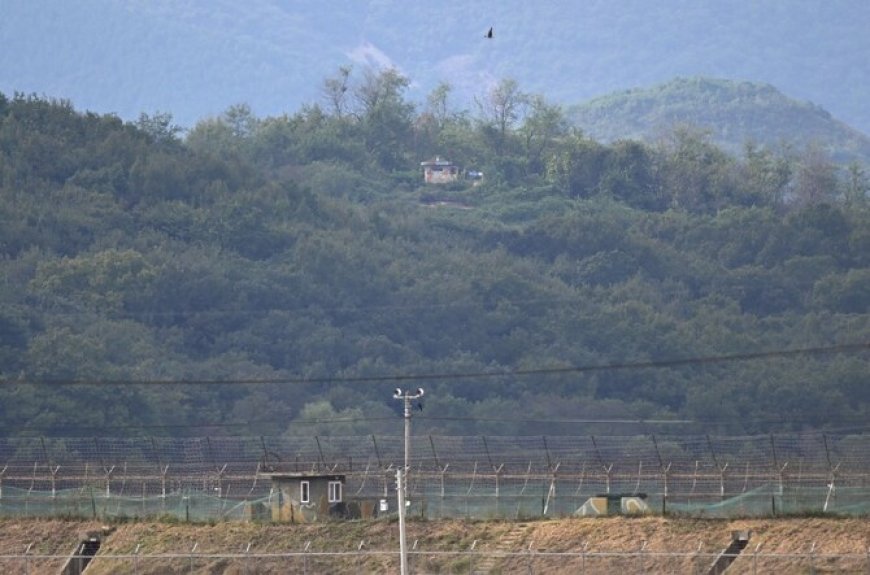Rising Tensions on the Korean Peninsula: North Korea's Threat to Demolish Cross-Border Roads
North Korea has declared intentions to destroy roads linking to South Korea, therefore aggravating tensions in an already unstable area in a major increase of hostilities.

North Korea has declared intentions to destroy roads linking to South Korea, therefore aggravating tensions in an already unstable area in a major increase of hostilities. This choice follows charges from Pyongyang alleging Seoul has been flying drones over its city, which the North claims have been used to spread anti-regime propaganda from.
A military statement from South Korea claims that North Korean personnel have been seen disguising their operations along roadways on both the east and west coastlines of the Korean Peninsula, maybe getting ready for demolitions starting today. Emphasizing the gravity of the matter, a spokesman from South Korea's Joint Chiefs of Staff verified this concerning development.
According to North Korea's state media source, KCNA, just last week the military of North Korea intends to cut all rail and road connections with the South. Shortly after the North's military denounced South Korea's claimed drone deployment, claiming it to be a "political and military provocation" likely to start armed confrontation, the statement arrived.
North Korea increased its language in a string of hostile remarks over the weekend, threatening a "horrible disaster" should any South Korean drones be discovered once more over Pyongyang. Especially, the North has allegedly placed eight fully armed artillery pieces on high alert at the border, indicating its readiness to react to any claimed invasions.
South Korea, meantime, has stayed silent in answering certain questions on the claimed drone activity. Engaging with North Korea's assertions, military spokesperson Lee Sung-jun said, would only help to support what he described as Pyongyang's efforts to create pretexts for its provocations. This intentional silence stems from South Korea's larger initiatives to improve its anti-drone capabilities, particularly in light of the concerning event in 2022 which five North Korean drones entered South Korean territory and passed over Seoul, the capital, for hours.
Military analysts believe that civilian groups may in fact acquire drones equipped to cover lengths of up to 300 kilometers—enough for a round journey from South Korea to Pyongyang using light payloads like leaflets. North Korea's defense ministry disagreed, claiming that the drones seen over its capital earlier this month needed certain launch mechanisms and could not have been run by civilian entities.
Crucially, the historical background of these advancements shapes them. Since the 1950–53 Korean War ended with an armistice rather than a formal peace treaty, the Korean Peninsula is officially still at war. Remnants of times of relative rapprochement, most notably during the 2018 inter-Korean summit, where leaders from both sides declared an end to hostilities and a commitment to peace, cross-border infrastructure has over years been a symbol of both cooperation and division.
But the recent return of heavy weapons into the Demilitarized Zone (DMZ) and the repair of guard stations on both sides show a clear reversal of the improvement accomplished under the 2018 military agreement, which sought to lower tensions.
The possibility of miscalculations and inadvertent repercussions looms big as the circumstances changes. Given both countries firmly rooted in their respective views, there is still great risk for more military provocations. The globe keeps a watchful eye as the Korean Peninsula teeters on a thin line and diplomatic answers seem to be ever far off.













































